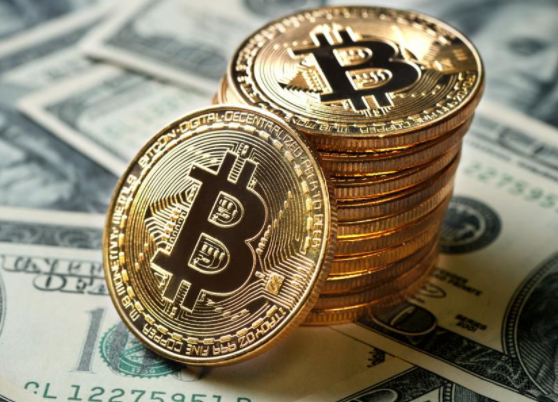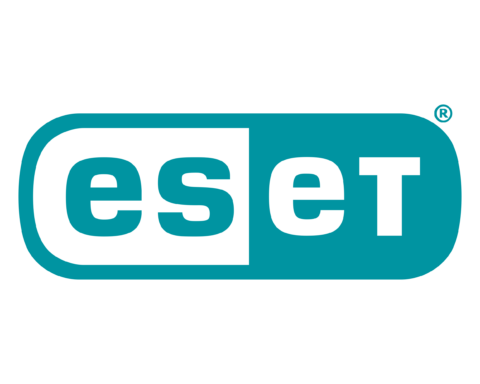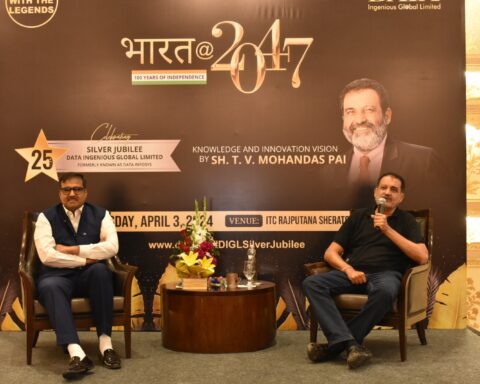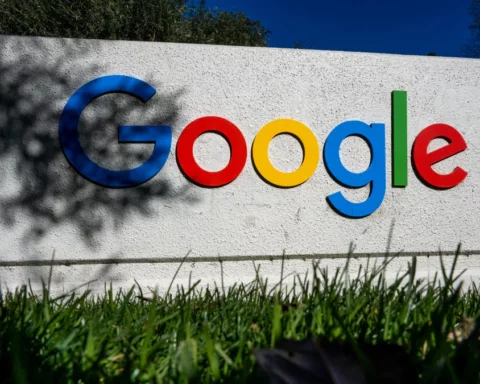Bitcoin has reached beyond the INR 11 lakh mark in India. The unpredictability in the United States, along with other aspects, has encouraged a renaissance of interest, and Bitcoin’s value has been rising on the way to 2017 levels when it reached approx. INR 12.5 lakh for 1 Bitcoin. The 2018 RBI ban on swapping of cryptocurrencies put an impermanent stop on its growth, but now that the Supreme Court has upturned the ban, worldwide players are looking to enter the Indian market to make the most of the budding but rising market. While Bitcoin is at its rise, Ethereum is presently selling for INR 33,090 each unit, while Litecoin will cost INR 4,829.
Even though cryptocurrencies have been under inspection ever since the beginning, Bitcoin has seen marvelous development in a short time. At the time of writing, it is selling for INR 11,94,257, INR 11,00,000, and INR 11,78,415 on BuyUcoin, LocalBitcoins, and UNOCOIN respectively. While Bitcoin was the 1st cryptocurrency to see extensive distribution, the industry’s birth gave rise to other altcoins such as Etherium, Litecoin, Ripple, Monero, etc.
Etherium is the 2nd most successful digital currency, with its price is set at INR 33,090 on BuyUcoin in the country. Bitcoin Cash, Monero, Litecoin, and Ripple are currently priced INR 19,610, INR 9,459, INR 4,829, and INR 20.
With cognizance for cryptocurrency trading on the growth, PayPal proclaimed that it would support cryptocurrencies for the 1st time, enabling any PayPal account holder to store, buy, and sell popular computer-generated currencies starting later in 2020. PayPal will support bitcoin, Etherium, Bitcoin Cash, and Litecoin.
Additionally, a London-based cryptocurrency platform has presently broadcasted that it has collaborated with a multi-state cooperative credit society in the country to start operations in India. Its India operations known as UNICAS will present on 10th December of 2020. These credit societies are not under the purview of the Reserve Bank of India, and consequently, the supervisory framework is not lucid, which is becoming the major source of doubt.









